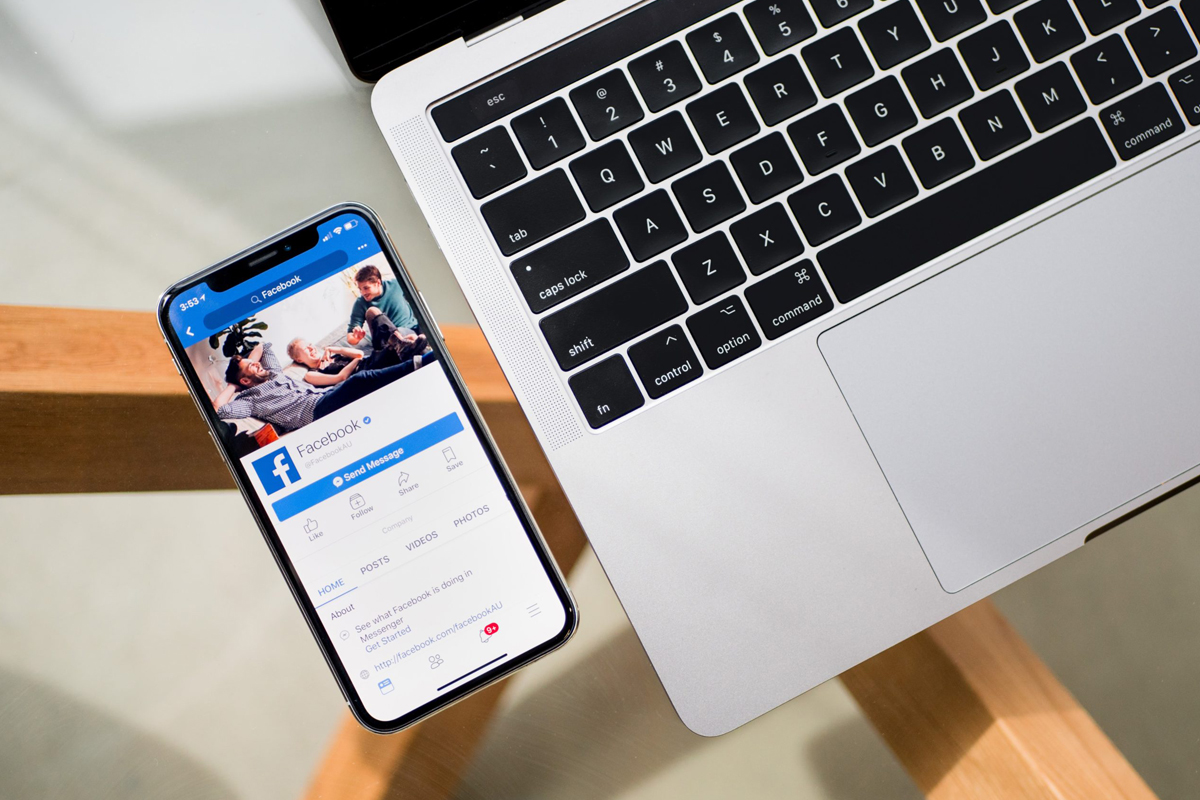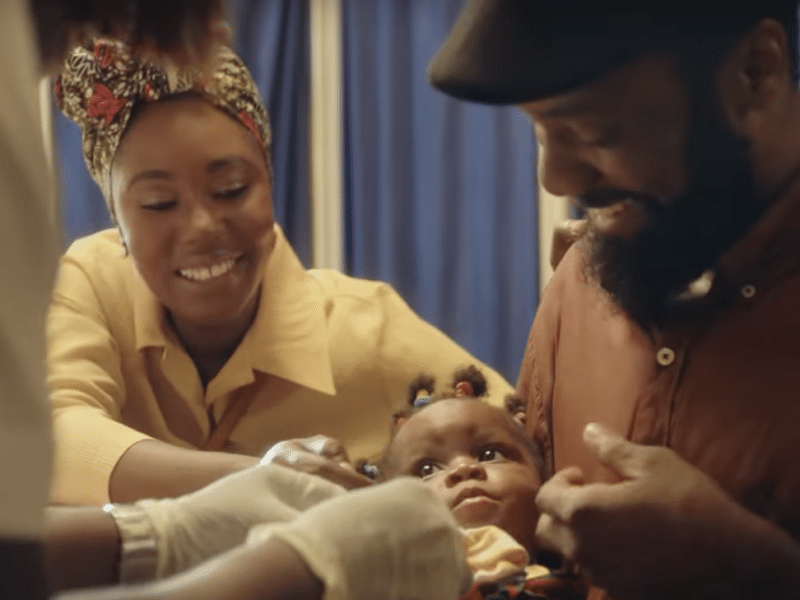Starting this month in the United States and 71 other countries, Facebook began displaying a prompt for a new survey to help researchers understand people’s knowledge, attitudes and practices about COVID-19.
The work is being done in collaboration with the Johns Hopkins Center for Communication Programs and the Initiative on the Digital Economy at MIT and being advised on by the World Health Organization. Findings from the survey can be used to help shape national policies and programming and improve public health communications.
Facebook will promote the survey in its News Feed, and when a person clicks on the promotion, they will be directed to an MIT hosted website to complete the survey. A new set of 24,000 people will be randomly asked to participate in each of 20 countries every other week for four months, while smaller “snapshot surveys” will got to 3,000 people living in countries with smaller populations.
The information will help the behavioral science researchers at CCP to better understand how people feel and behave when it comes to the COVID-19 pandemic as well as see how their knowledge, attitudes, practices and risk assessment change over time. They can then use the data to inform how they advise governments in countries where CCP is working, with support from USAID, to prevent further transmission of the disease.
“This is going to be one of the most comprehensive opportunities to understand how COVID-19 response is progressing globally,” says J. Douglas Storey, PhD, CCP’s director of communication science and research. “Covering dozens of countries with this kind of data collection and analysis will be unparalleled. There has never been any global source of information like this and it will capture the more nuanced drivers of behavior and a range of psychosocial factors not currently being collected in a systematic way.”
The questions will cover a variety of pandemic-related topics including media consumption, health-seeking behaviors, trusted sources of quality information, social norms, and sentiments toward COVID-19 vaccination.
The de-identified data will be available to researchers within one to two weeks of when the surveys are completed, allowing programs to quickly apply the new information to their work.
In addition, Storey says, CCP hopes to develop dashboards for country level program planning and use the information as an advocacy tool to demonstrate the impact of social and behavior change initiatives.
Storey says he is most excited about having data from a number of countries to see how the nations are behaving differently or similarly during the crisis. A key part, he says, will be the ability to see how attitudes and behaviors change over time in these countries. For example, as some countries lift stay-at-home orders, are people taking more risks than before? Are they washing their hands, wearing face coverings and keeping their distance at the same rates? Are their attitudes about being able to protect themselves evolving?
Researchers can compare the survey data with disease surveillance data showing whether cases and infection rates are going up or coming down.
“We’ll be able to correlate behavioral data with actual epidemiological data,” he says. “It should be highly useful for country-level response. This activity also provides an alternative to traditional face-to-face surveys in the time of social distancing. Accessing individuals is a new challenge in our work.”
Academic and non-profit researchers can request access to non-aggregate survey data here.





